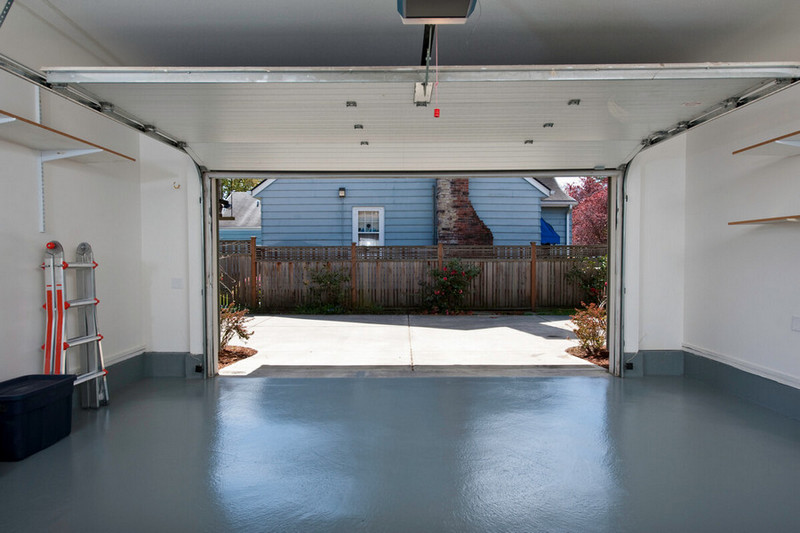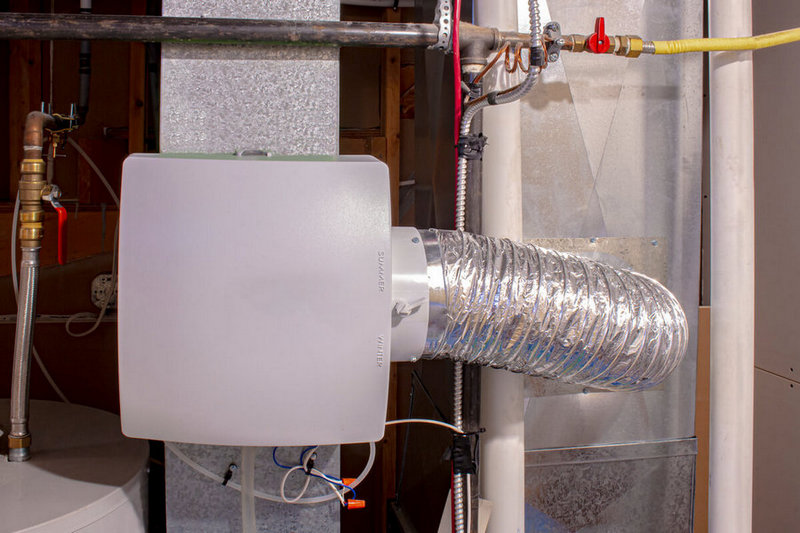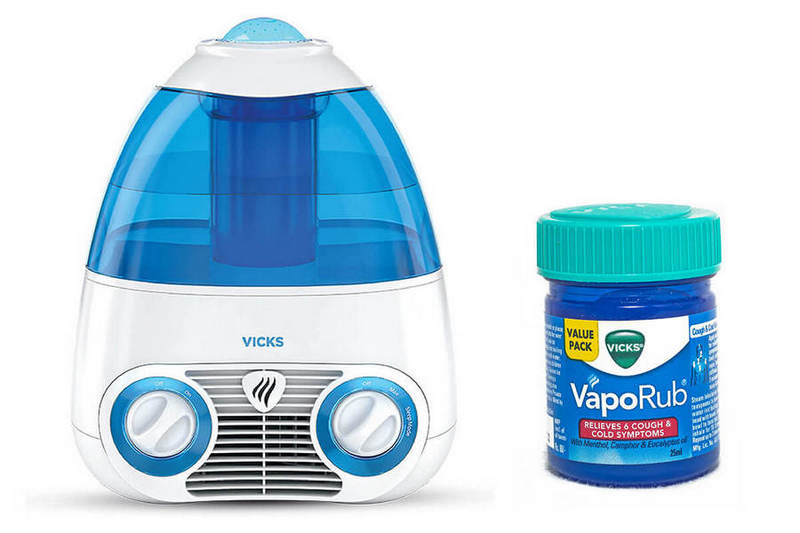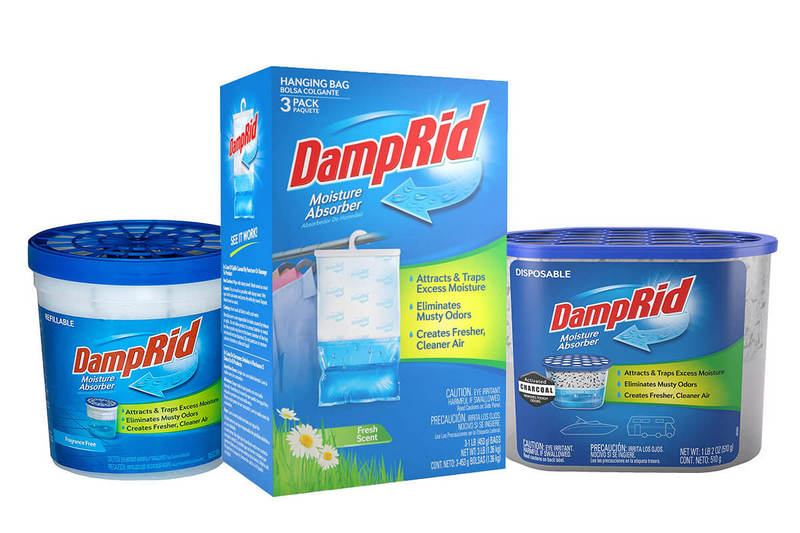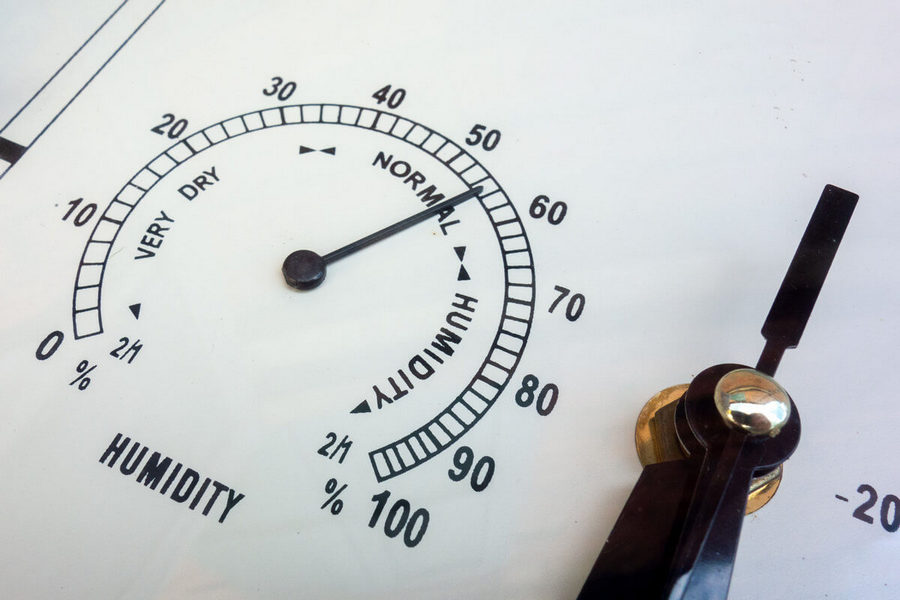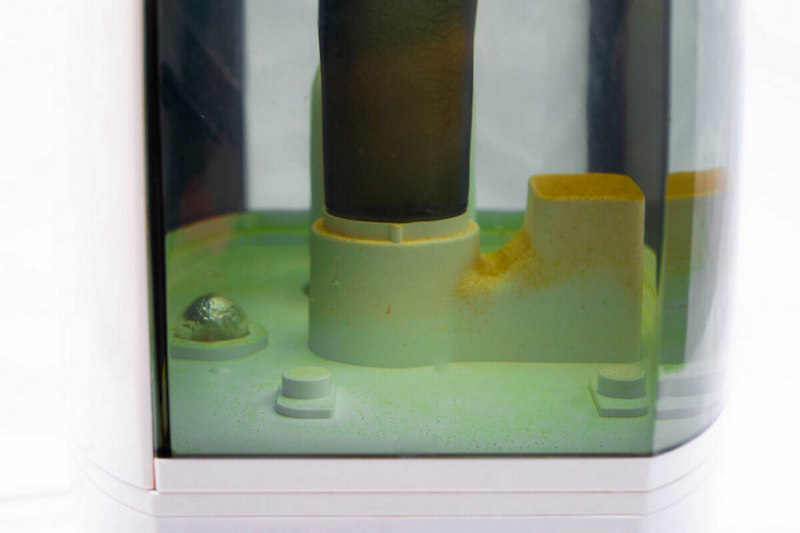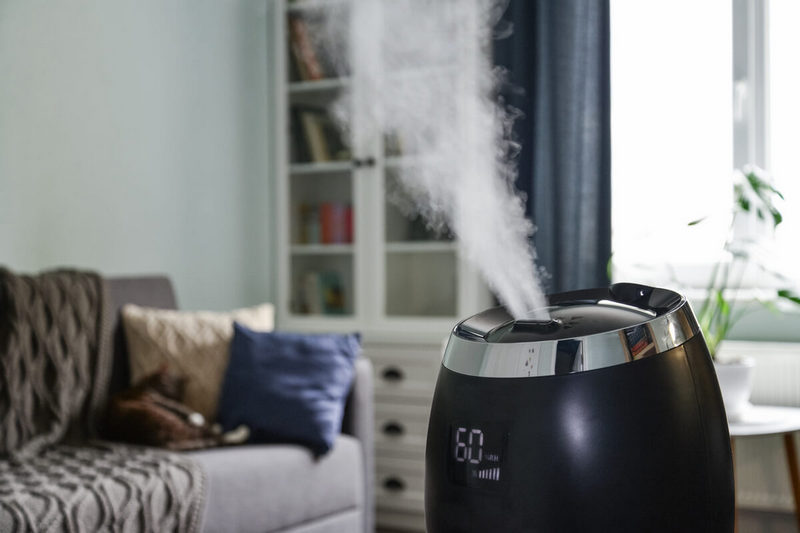Reducing humidity in your garage is important for a ton of reasons. For most people, it is impossible. However, there is a solution.
Excess humidity does a lot of harm to the structure of your garage and whatever you have stored. They include bad odors, slippery and wet garage floor molds, rusting of tools, and a generally negative effect on your health.
If you’re struggling with high humidity levels in your garage, try these effective methods to reduce it:
- Install a dehumidifier
- Use moisture-absorbing materials like charcoal
- Seal any air leaks or cracks in the walls or ceiling
- Add ventilation fans or exhaust system
By implementing these measures, you can ensure a dry and comfortable garage environment.
What Causes Excess Humidity and Condensation in a Garage?
A sealed garage can become a breeding ground for stuffy air filled with moisture. Sometimes, achieving a humidity-free garage can be difficult, causing moisture to build up in the air and leading to garage condensation. Condensation occurs when moisture comes in contact with cold surfaces in the garage, which causes it to turn into droplets of water.
Some of the causes of excess humidity and condensation in a garage include:
- Melting snow on your car tires and body or water droplets from rain collecting in the garage
- Hidden open spaces that let in rainwater
- Very low temperatures in the winter coupled with high humidity levels on the onset of summer
- Lack of garage door and wall insulation
- Plumbing leaks
- Using home appliances in the garage, for example, washing machines
- Poor roof drainage that allows rainwater into the garage
- A garage without windows and no ventilation
- A lot of clutter causing congestion and stuffiness
- Poor garage door and wall insulation
Read Also: How to Lower Humidity in House
7 Tips for Controlling Moisture and Humidity in Your Garage
1. Check and fix plumbing and drainage leaks
Drainage leaks can cause damage to your garage. Check for leaking pipes, especially in places where they bend. Ensure your roofing has proper drainage to prevent rainwater from seeping through to your garage and causing molds. You may also want to declutter your garage.
2. Keep garage temperatures controlled
Control the temperature in your garage to avoid excess moisture. Use appropriate heaters during cold seasons or install a radiant electric ceiling heater. If your garage has a small space, install an electric space heater that can work just as well mounted on the ceiling or wall. Find one with a thermostat that can adjust automatically to changes in temperature inside the garage.
3. Improve garage insulation
Insulation is a step that you combine with others to keep your garage moisture-free. It cannot be the only solution. Insulation helps to maintain a consistent temperature in the garage, whether it’s low or high.You can combine using a regulated heater and insulation during cold times to avoid moisture build-up.
4. Use proper ventilation
Install vents, fans, and occasionally open windows to allow an inflow and outflow of air in the garage. Install an exhaust fan and a static vent in your wall, which has slats directing rain away from the vent. Vents and fans are your go-to solution if your garage is windowless.
5. Install waterproof walls
This is a long-term solution to controlling garage condensation and excessive humidity in your garage. Take advantage when you are remodeling or renovating the garage by installing waterproof walls. Ask your contractor to point to you available mold-resistant drywalls. Use waterproof paint to seal the deal. You can also use waterproof paint on the ceiling if it needs painting.
6. Get rid of small pools of water in the garage
Such small pools of water accumulate from the car if it has been rained on or after snow melts. There might be laundry spills if you use your washing machine here. Keep a mop nearby to dry out such pools of water and keep your garage floors dry at all times.
7. Put a dehumidifier in your garage.
It is a simple solution to an annoying problem. A dehumidifier can save your family from the discomfort of allergies caused by a wet garage floor, mold, and dust mites, while also helping to keep moisture levels low. Dehumidifiers come in all sizes and functionality, and you can pick one depending on the garage size. Some dehumidifiers are built for huge spaces with high levels of humidity. For example, the HomeLabs dehumidifier can remove moisture in rooms as big as 4500 square feet.
Recommend: Best Crawl Space Dehumidifier Reviews
Conclusion
Getting rid of garage condensation and excess moisture from your garage allows you and your family to have a comfortable space for working. Ridding it of excess moisture prevents allergies and improves the air quality, which improves your level of health. You will rest easy knowing that all your pictures, party decorations, electronics, books, and toolbar can be retrieved from the garage and be in peak condition. You should therefore apply the above solutions to get rid of humidity in your garage.

